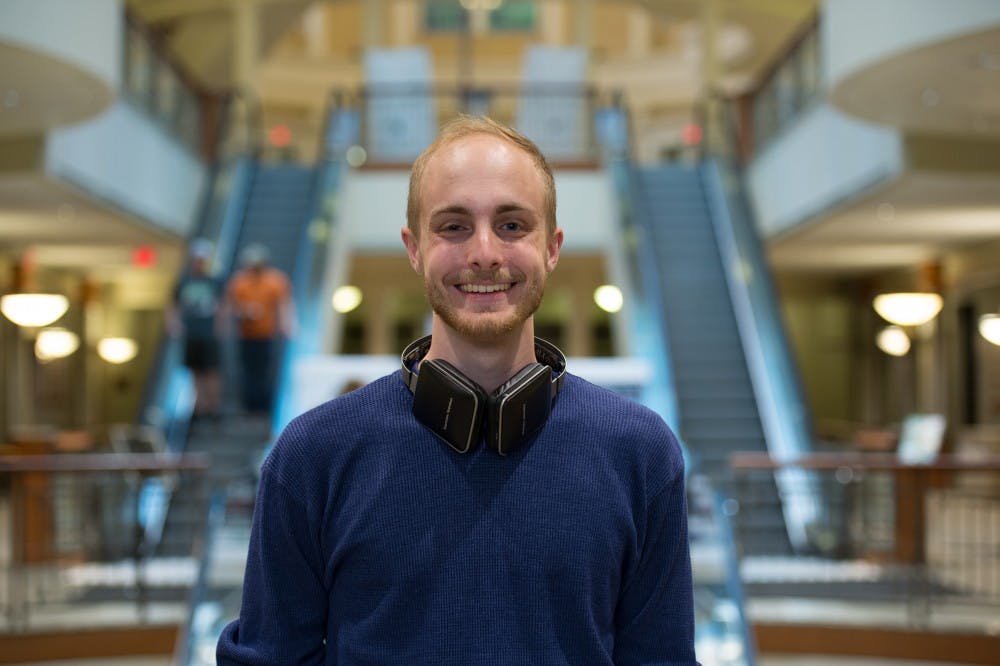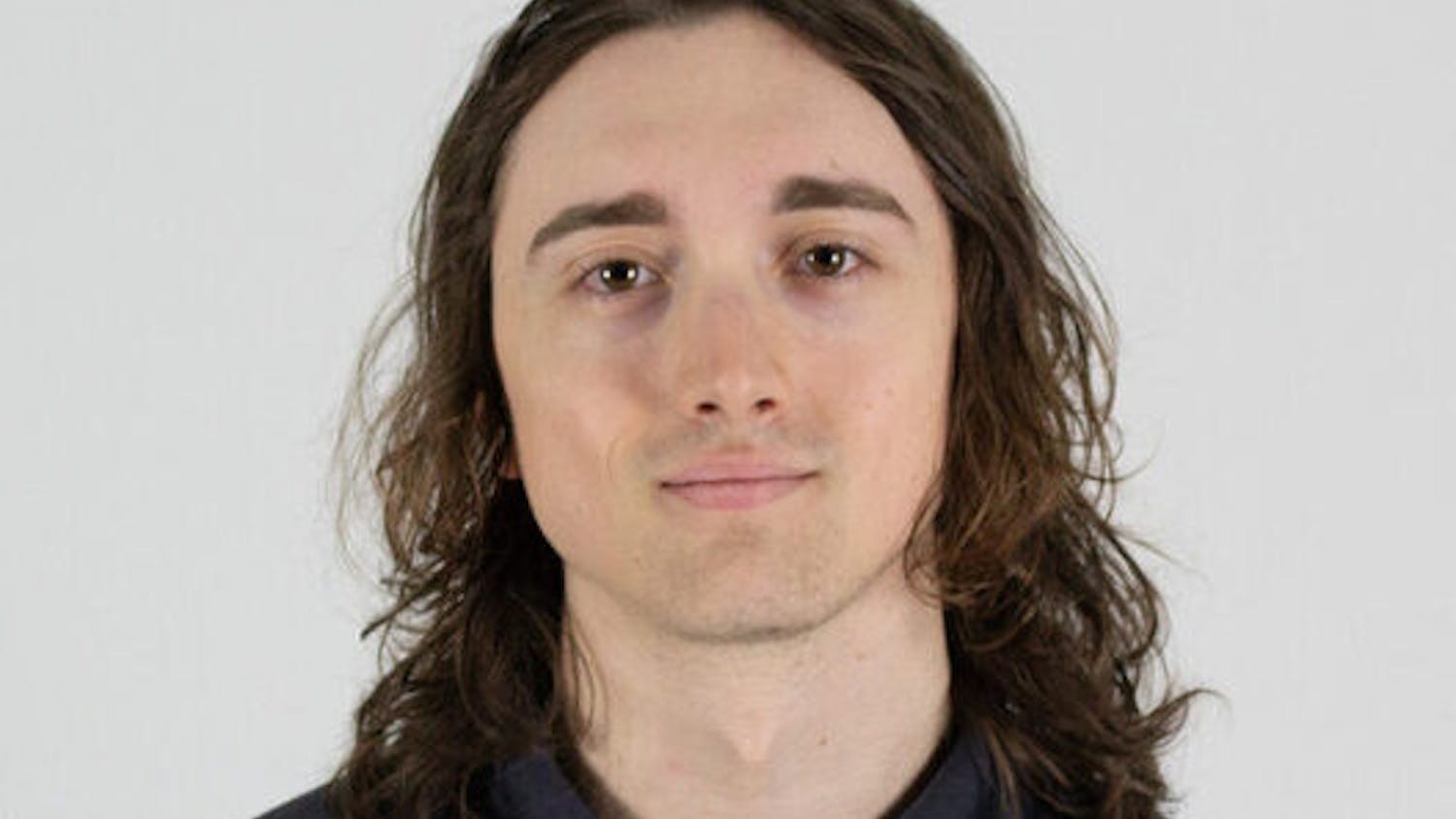You might want to sit down for this.
Find the nearest chair, rock or floor to sprawl out on. So, here it goes: You can make a podcast. It’s really easy. Trust me.
The podcast industry got its start from the fact that it’s really painless and really cheap to make a podcast. All you really need is a quality microphone and a quality idea. Finding the best mics and finding ideas that aren’t garbage pulled from your local sewer system can be a bit of a challenge, though.
Hopefully, this quick column can be a guide to getting yourself behind a microphone broadcasting your fresh idea out to potentially millions across the internet (or to at least your mom):
The Idea
This is probably the most important and underrated part of making a podcast. If one doesn’t have a solid idea for their podcast, each episode is most likely going to come across as disorganized and uninteresting. Even the the most improved talk-show-like podcasts have a general idea of the topics they want to talk about.
Usually, you want the podcast to be about a topic you like or are passionate about. Sometimes, that means you’re an expert on the subject, and sometimes that means you just really like a topic, like Dan Carlin with his show Hardcore History.
It’s obvious to a listener when a podcast host doesn’t care about what they’re talking about. Solve that by talking about something you like.
The Format
There’s mainly two kinds of podcasts out there that can be made: “Gabfests” and “Narrative Stories.” And it’s up to you to decide what kind of podcast you want to make.
“Gabfests” is a term coined by Slate Media for the kind of podcasts they do where everyone (usually between two or more people) on the podcast sits around a table to talk about whatever the topic is. Sometimes these take the form of traditional one-on-one interviews, and sometimes these take the form free-for-all chaos among friends.
These podcasts are usually effortless to make because of how simple they are: you get some people in front of some microphones and talk – minimal editing required. But at the same time, these kind of podcasts can get disorganized and uninteresting very fast.
Make sure to have some flow to where the conversation is going while also having on people as hosts that are interesting to begin with. “Gabfests” are primarily personality-driven shows, and if the personality isn’t there, the podcast will falter. Listen to WTF with Marc Maron for a great example of this.
“Narrative Stories” are the kind of podcasts that draw you into a scene and provoke your imagination. Some of my favorite podcasts are these, with the likes of Serial, RadioLab and Welcome to Night Vale.
Whether you’re telling a fictional or true story, your main objective with these kind of podcasts is to grab listener’s attention. Sometimes, it’s the sound effects that create a scene the listener is interested in, and sometimes it’s a key detail in an interview or story that attracts the listener.
These can be some of the most compelling and powerful podcasts out there, but they are also pretty labor-intensive. Editing interviews and creating “soundscapes” can be tedious and extremely time-consuming, so most podcast beginners go the “gabfest” route.
The Equipment
And finally, you need good microphones to record your podcasts on. There’s a lot to choose from, but there’s a few that are a few quality brands that won’t empty your wallet either.
Blue Microphones is by far one of my favorite brands of microphones simply because of the value you get. Their “Yeti” and “Snowball” models are cheap and provide the kind of set-up and responsiveness that can make for an awesome-sounding “gabfest” podcast.
For recording interviews for a podcast outside, using a shotgun or an omni-directional microphone made by companies like Audio-technica will probably be your best bet at getting good sound. These microphones are a bit more expensive, but are guaranteed to get the sound-rich recording you’re looking for.
There are a lot more specific details I could go into, but for now, this is a good start. And if you’re still confused, you can always ask your mom who’ll be listening in for help.
Liam Niemeyer is a senior studying journalism at Ohio University’s Honors Tutorial College. Please note that the views and opinions of the columnists do not reflect those of The Post. Are you going to do the pod? Let Liam know by tweeting him@liamniemeyer.






